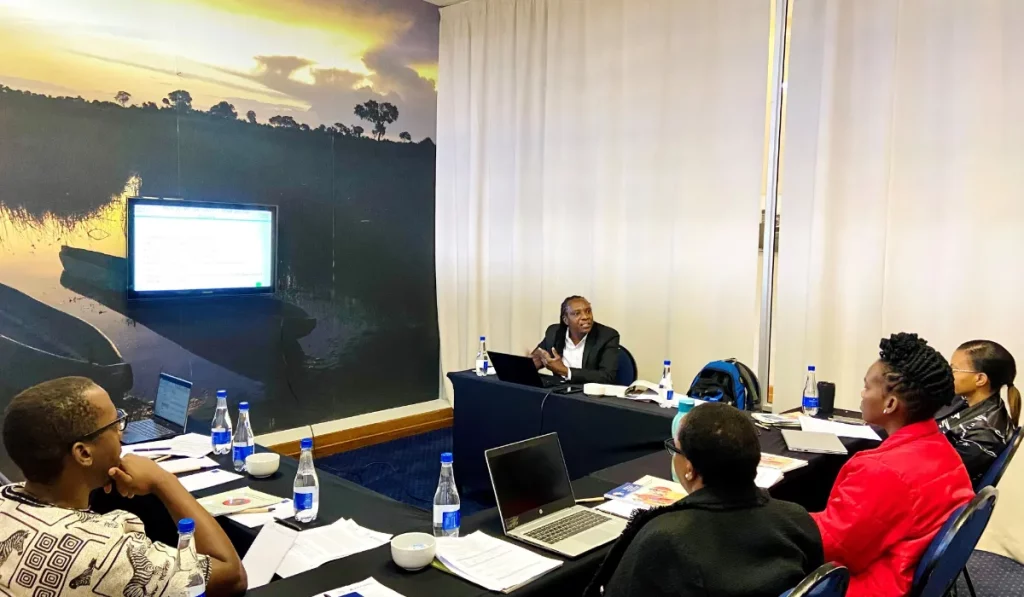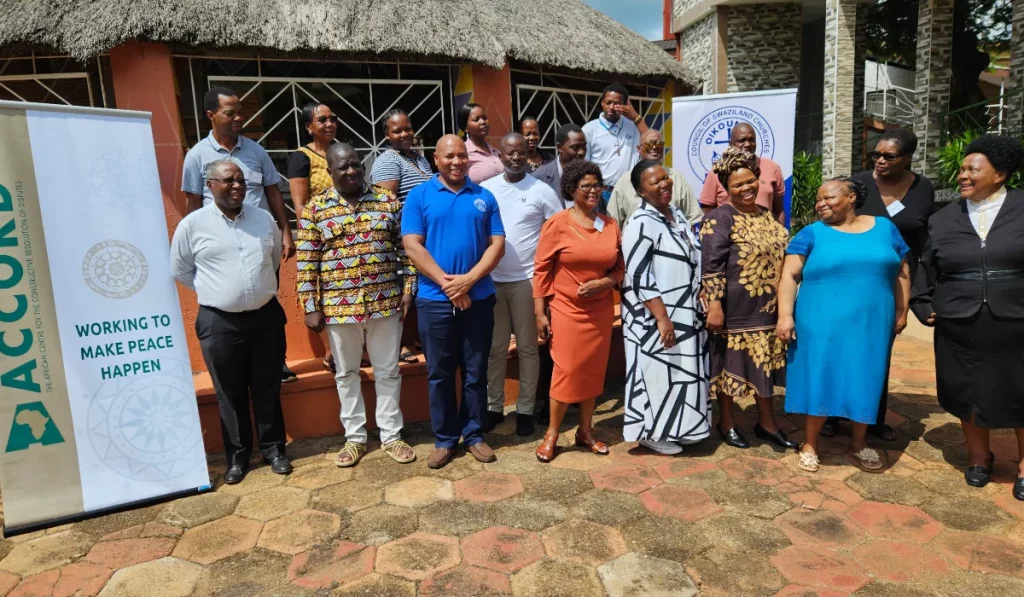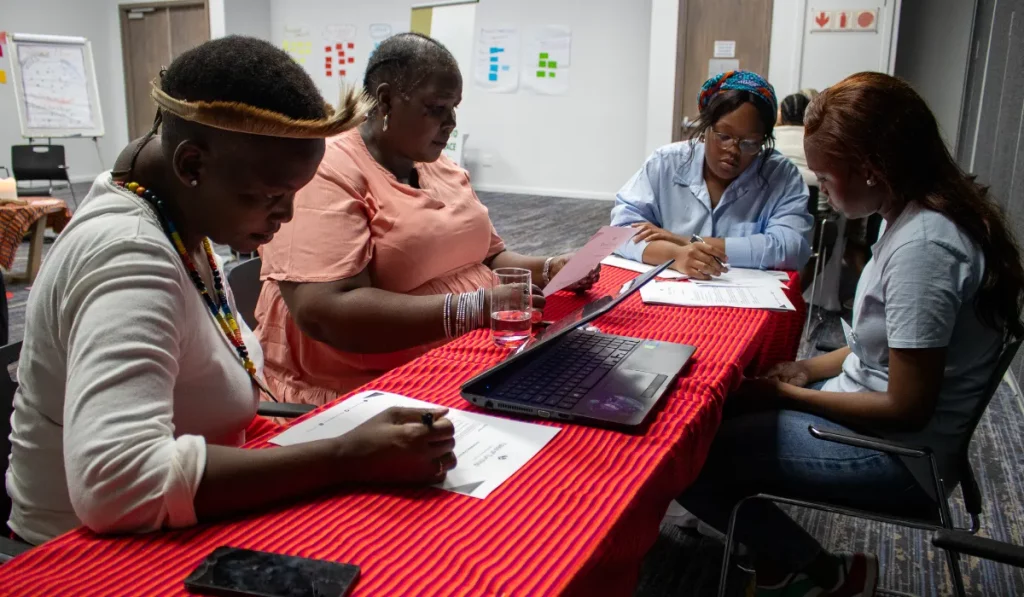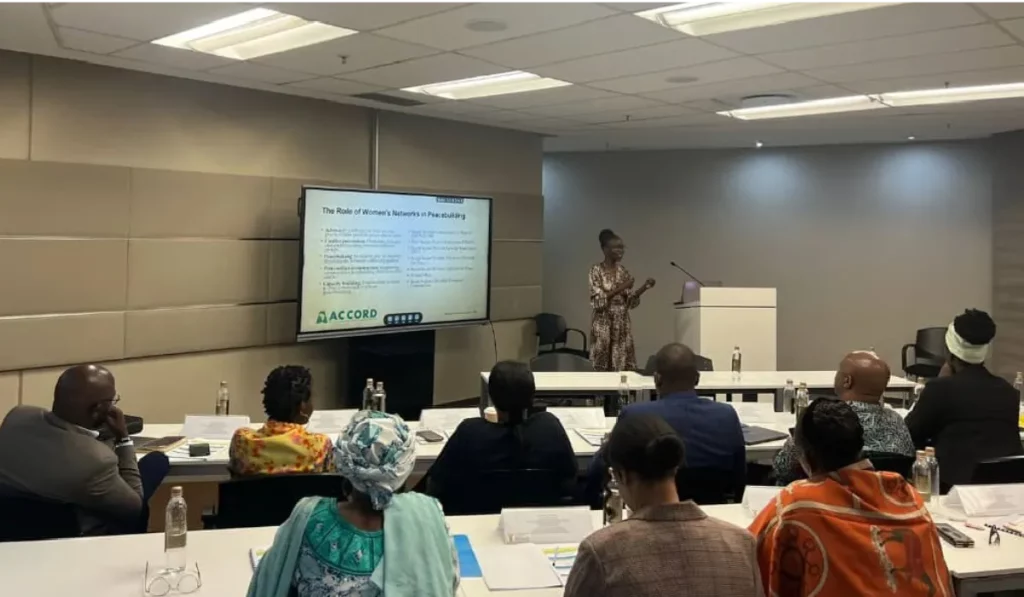On 6 December, over 90 decision makers and experts at the United Nations Framework Convention on Climate Change 17th Conference of the Parties (COP17) attended a Panel Discussion titled Climate Change Adaptation, Conflict and Cooperation: a diplomatic approach for Africa? in Durban, South Africa. The event was organised by ACCORD and OneWorld Sustainable Investments.
Today, there is little doubt that climate change poses one of the key challenges for global economic development and human well-being and may put peace and security at risk, as natural resources such as water, food, and energy become scarce. Alongside these scarcities and as a result of extreme weather events such as droughts, floods and storms, increasing migration movements are expected. Africa is already and will be disproportionately affected by these changes due to weak adaptive capacity and existing vulnerabilities.
COP17 presented the ideal opportunity for policy makers to engage the issue of climate change and security and initiate a dialogue on Africa’s response. Key questions that were addressed include:
- How can regional cooperation ensure conflict-sensitive climate change adaptation?
- How best can diplomatic responses to conflict and security threats and peace opportunities be strengthened?
- How best can Africa’s security governance institutions be strengthened?
Key points that were highlighted include:
- The importance of cooperation and action at all levels – from local to interstate and including civil society, policy makers and scientists – to prevent and mitigate climate change-related conflicts.
- Addressing the human security-related threats arising from climate change requires adaptation approaches that are multi-disciplinary and conflict-sensitive.
- National security issues should be addressed through engagement in diplomatic approaches and other consensus-building measures for the continent.
- To this end, increased engagements and more platforms are needed to ensure better articulation of the voice and authority of Africans in shaping the global discourse and interventions on climate change and security.
- At the same time, increased understanding of the linkages between climate change and everyday forms of security such as food, water and energy security needs to be deepened to facilitate targeted solutions as well as support informed debates on the issue.
- A critical element of conflict-sensitive adaptation will be to address the range of cross border issues (such as shared water basins, the movements of pastoralists across borders, and migration) that will require a shift from a focus on national interest to global responsibility.
Speakers and Panelists
- Chair: Deputy Minister of International Relations and Cooperation, Mr. Ebrahim Ismail Ebrahim, South Africa
Speakers
- Mr. Tosi Mpanu Mpanu, Chair, African Group of Negotiators
- Ambassador John Ashton, Special Representative for Climate Change, UK Foreign Office and Commonwealth Office
Panelists
- Mr. Vasu Gounden, Executive Director, African Centre for the Constructive Resolution of Disputes
- Mr. Alexander Müller, Food and Agriculture Organisation of the United Nations
- Mr. Alex Simalabwi, Chief Network Officer and Climate Change Focal Point, Global Water Partnership
- Hon. JD Thibeti, MP, South Africa and Chair, Pan-African Parliament
- Ms. Belynda Petrie, Chief Executive Officer, OneWorld Sustainable Investments
The panel discussion followed on from ACCORD’s work on the linkages between climate change and conflict, and conflict-sensitive adaptation to climate change. ACCORD recently published a Policy & Practice Brief which captures the outcomes from an expert seminar on conflict-sensitive climate adaptation.







